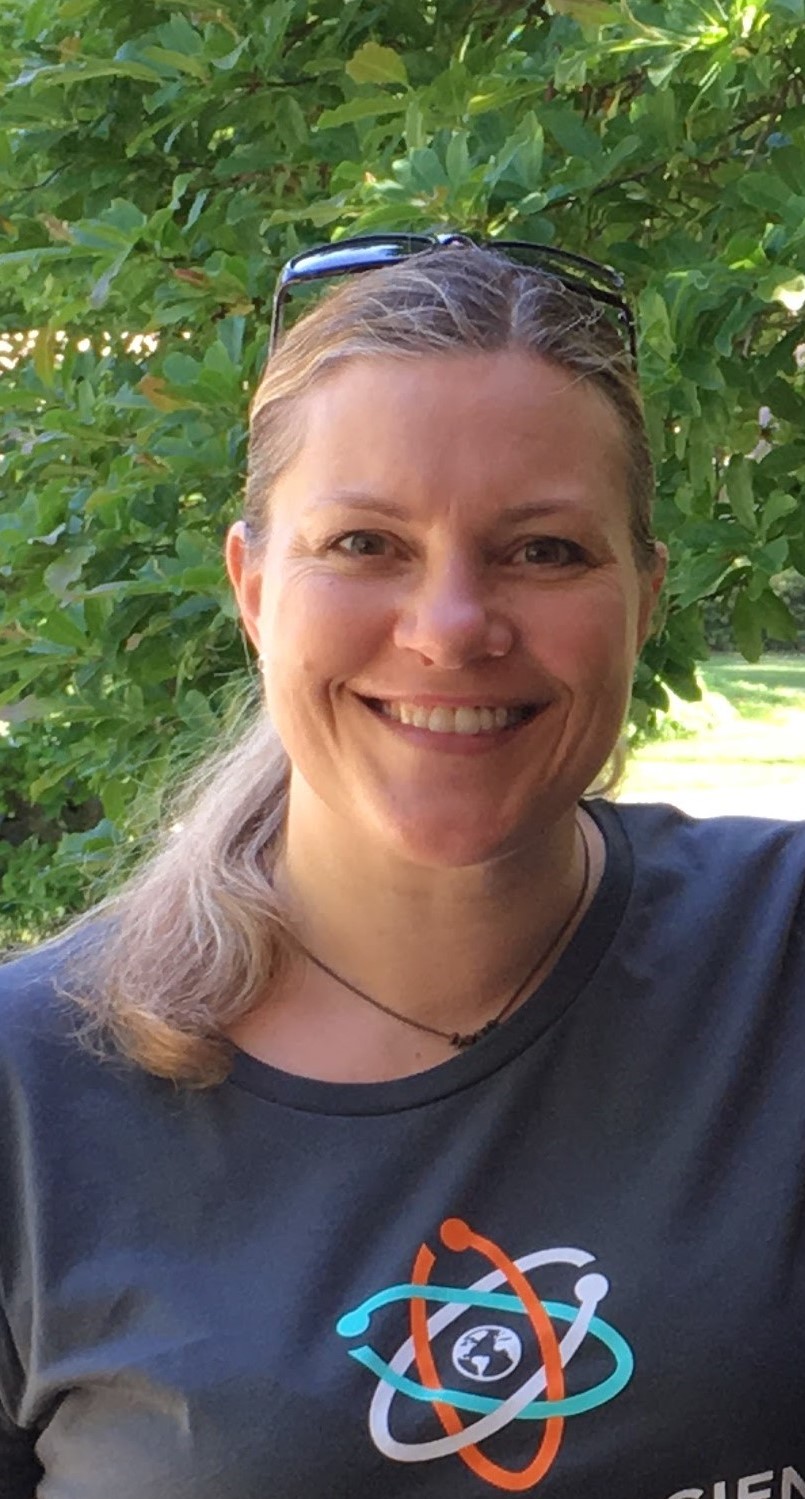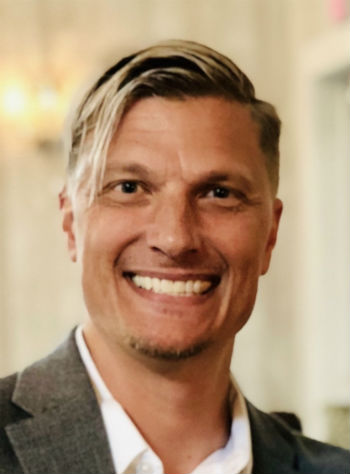The National Institute of Mental Health has issued a five-year, $4 million grant split equally between researchers at the Wayne State University School of Medicine and Boston University to explore the therapeutic benefits of the drug alloprenanolone as a new approach to treating post-traumatic stress disorder.

The David and Patricia Barron Chair in PTSD Neurobiology and Professor of Psychiatry and Behavioral Neurosciences Tanja Jovanovic, Ph.D., is the site principal investigator on the grant. She and Seth Norrholm. Ph.D., associate professor of Psychiatry and Behavioral Neurosciences, co-direct the Neuroscience Center for Anxiety, Stress and Trauma, or NeuroCAST, at WSU. Dr. Jovanovic previously presented preliminary data at an American College of Neuropsychopharmacology meeting.
Allopregnanolone, also known as brexanolone, is a medication and a neurosteroid that acts on the brain. It is sold under the brand name Zulresso and used to treat postpartum depression.
The work will be conducted at WSU’s cross-disciplinary Integrative Biosciences Center.
I am very excited about this grant. It is a truly interdisciplinary, cross-campus collaboration, including IBio with Dr. Seth Norrholm, and the Eugene Applebaum College of Pharmacy and Health Sciences with Dr. Christine Rabinak, and externally, establishing a joint project with Boston University and the National Center for PTSD with Dr. Ann Rasmusson. Dr. Rasmusson and I have been planning this project for many years, and I am especially glad that we will be able to do it Detroit,” Dr. Jovanovic said.
The project, “Facilitation of Extinction Retention And Reconsolidation Blockade By IV Allopregnanolone In PTSD,” is a first step in drug discovery. The scientists anticipate that the results will lead to a clinical trial for PTSD.
“One of the things that’s most exciting about this grant is that it will examine, for the first time, the impact of a new medication that was released last year for postpartum depression, on biology underlying PTSD. There have been no new medications for PTSD in over a decade, and this new medication is specifically based on the science of female hormones, so it could potentially help many women with PTSD,” Dr. Jovanovic said.
Women are twice as likely to have PTSD as men. There are no medications that are specifically geared toward women, she added.
“Our study will recruit women and men with PTSD, and women will be tested during different times of the menstrual cycle, again attending to female hormonal status,” she said. “Ultimately, what we discover will lead to a clinical trial to test this new drug, to improve the lives of those with PTSD, especially women who may be more vulnerable due to altered hormones.”
Boston and Detroit will recruit an equal number of participants. The Wayne State participants will complete the study at IBio’s Clinical Research Service Center.

“Our expertise is in the neurobiology of fear and anxiety in PTSD, and the impact of female hormones on fear. The specific tests we will use are ones that Dr. Norrholm and I have developed at Emory University and brought to Wayne State. We will be going to Boston prior to the start of recruitment to set up their laboratory in the same way,” Dr. Jovanovic said.
Dr. Rabinak secured a grant used to conduct similar tests in PTSD, so her expertise in pharmacological testing and recruitment will be invaluable, she said.
“In Detroit, we plan to recruit individuals with urban trauma, which leads to high rates of PTSD. At Boston University, Dr. Rasmusson has been focused on allopregnanolone in her work and has established a collaboration with pharmaceutical companies and she has already conducted pilot studies that support this grant. Boston University will also recruit participants with urban trauma, but also military trauma from the Boston VA/National Center for PTSD,” Dr. Jovanovic said.
The study is funded by the National Institute of Mental Health of the National Institutes of Health (R01MH122867).